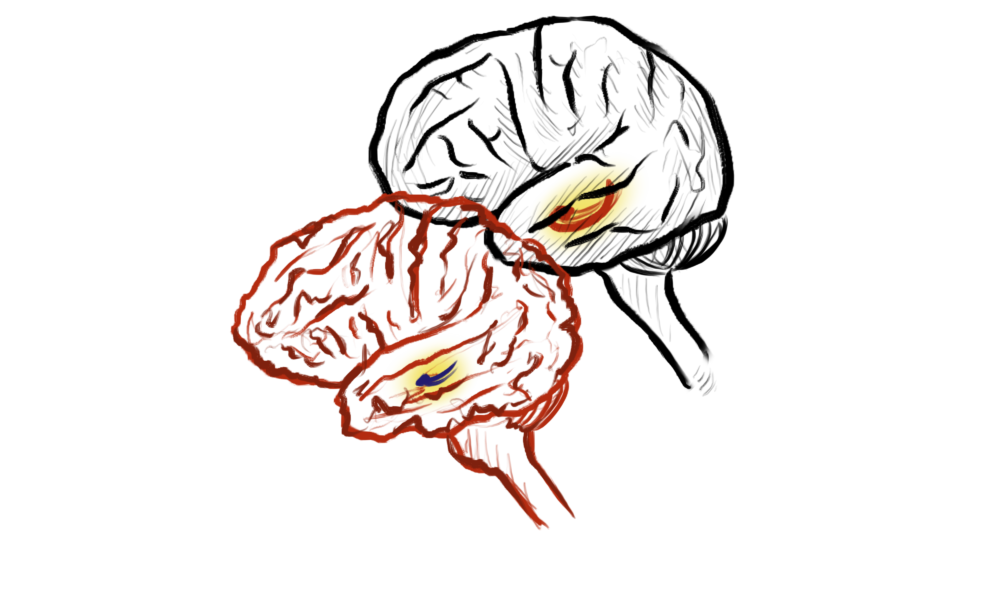While dementia is commonly most associated with memory loss, research has also linked it to impaired judgment, increased difficulty navigating one’s surroundings, and even failure to pick up on sarcasm. Understandably, the condition can impact a person’s autonomy and independence, but in what circumstances can we attest that a person is no longer capable of making decisions involving them due to their compromised well-being?
The United Nations Convention on the Rights of Persons with Disabilities (CRPD), adopted in 2006, established the right of disabled people to receive support in exercising their autonomy. In Canada, several provinces have criticized the existing legal framework for the elderly as being in conflict with the CRPD, prompting nationwide legislative changes aimed at clarifying both a person’s capabilities and the role of those assisting them in decision-making.
However, there is a lack of research on how best to support people with dementia in decision-making as their condition progresses. Tamara Sussman, professor and PhD Program Director at the McGill School of Social Work, submitted a protocol for a scoping review to document the current knowledge on supported decision-making for people with dementia, aiming to inform future research and practice.
Supported decision-making is based on an individual’s right to autonomy. It involves a process where people with decisional limitations—such as dementia—receive assistance or input from families, friends, and legally appointed decision-makers, with the goal of enabling them to participate as fully as possible in decisions affecting them.
“We have this [misconception] that any of us is really autonomous,” Sussman said in an interview with The Tribune. “When you make a decision, you probably still consult a few people that are important to you. So we all make supported decisions, in a way.”
The quick decision-making required in the fast-paced healthcare environment often leads the healthcare providers to bypass patients with dementia in favour of someone who can make medical decisions on their behalf.
To address this exclusion, clinicians use the concept of the ‘triadic conversation,’ in which consultations about a patient’s treatment involve the person with dementia, their supporter, and the healthcare provider. However, achieving this three-way communication may be more difficult than Sussman anticipated.
After completing a preliminary review of the literature, Sussman was surprised to find that families typically want to include their family member with dementia, but feel pressured by healthcare providers to make quick decisions, leading to the exclusion of the person with dementia.
“Families aren’t being offered the time that they need to help consult with their family member. I thought that families also kind of start to exclude [their family member with dementia] early on, but it seems that exclusion is being perpetuated by [healthcare providers],” Sussman said.
Sussman concluded that, while it is clear both families and people with dementia need a more holistic approach to patient care, the primary challenge arises from the largely reductionist nature of the current healthcare system.
“Implementing [supported decision-making] in a clinical setting won’t happen unless we accept that caring for someone is more than a 15-minute consult with your family physician,” Sussman said.
Integrating this initiative into long-term treatment for dementia is part of a broader effort to shift from a biomedically-oriented healthcare system to one that is more person-centred and compassionate.
However, this transformation is not the job of a single doctor or policymaker. It begins with each individual, early on in life, whenever assumptions about a person’s capabilities are made without considering them beyond the context of age or disability-related stigma.
“We all have to get on the bandwagon in our different ways [to recognize] how we’re perpetuating exclusion. In the end, we’re making people sicker instead of better by not viewing them through a holistic lens,” Sussman emphasized.
Ultimately, fostering an environment where supported decision-making is the norm, rather than the exception, requires a collective effort to ensure that the dignity and autonomy of individuals with dementia are preserved throughout their care journey.






